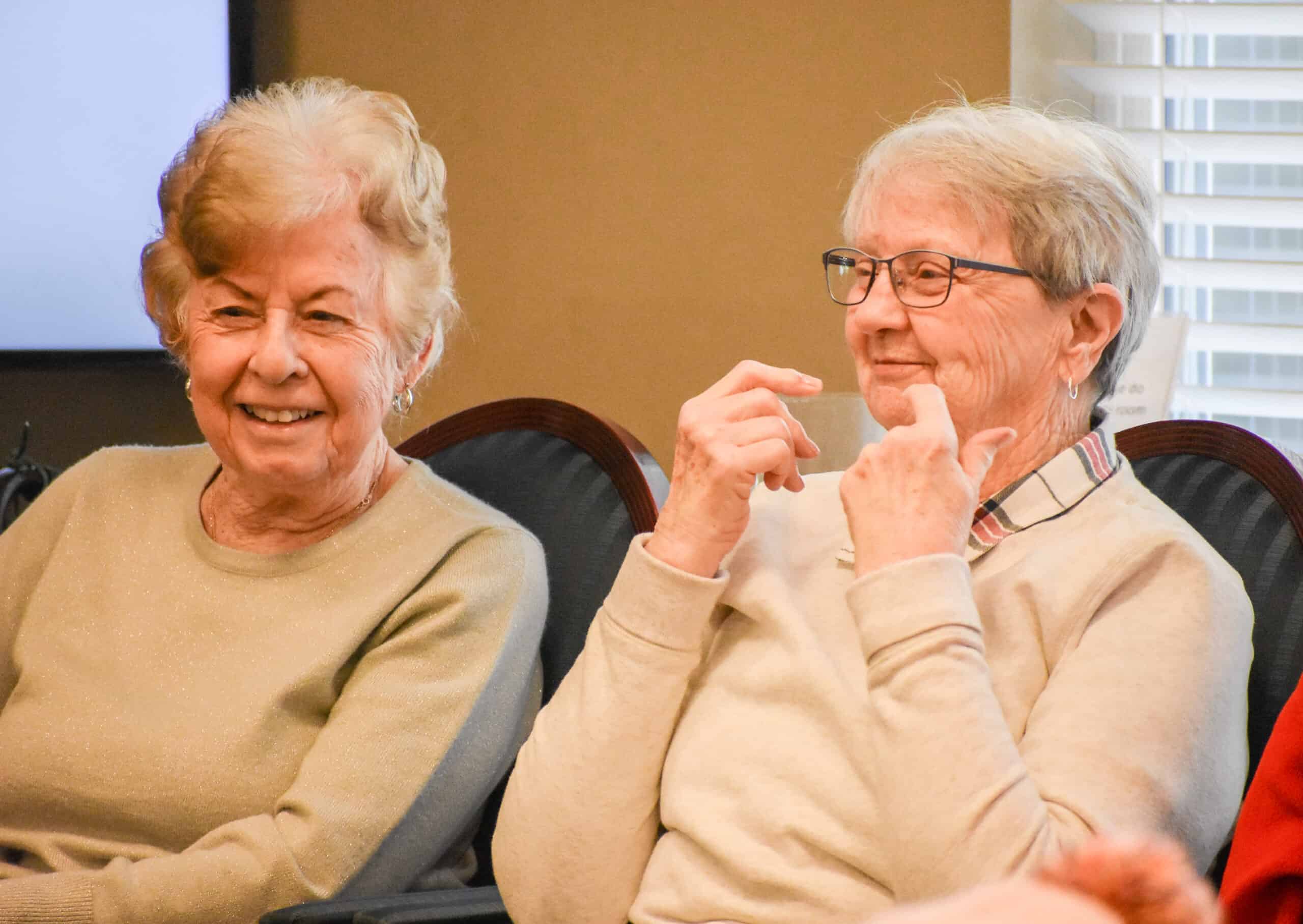What to Expect in Memory Treatment: An In-depth Guide to In-Home Provider
As households come to terms with the obstacles of caring for somebody with memory loss, the realm of in-home solutions uses a lifeline of assistance and specialized treatment. Recognizing what to expect in memory care is important for guaranteeing the wellness of both the specific with memory disability and their caretakers.
Daily Tasks and Routines
Taking part in organized day-to-day activities and regimens is a basic part of giving quality treatment for individuals in memory treatment centers. These tasks are thoroughly developed to satisfy the particular needs of locals with cognitive disabilities, such as Alzheimer's disease or mental deterioration. Daily routines play an important function in keeping a feeling of familiarity, protection, and purpose for people in memory care.

Moreover, daily regimens help individuals in memory treatment centers to feel more oriented and much less anxious. Uniformity in timetables and activities can reduce complication and frustration, offering a sense of security and convenience. Caregivers and employee play an essential function in facilitating these tasks, guaranteeing that each resident obtains personalized and compassionate care customized to their special choices and abilities.
Specialized Treatment Solutions
Within memory care facilities, specialized care services are vital to resolve the special needs and challenges encountered by individuals with cognitive disabilities such as Alzheimer's condition or dementia. These solutions are made to give customized assistance that satisfies the particular needs of homeowners handling amnesia. Specialized treatment services in memory care facilities commonly consist of personalized care strategies, support with activities of everyday living, medicine management, and behavior modifications targeted at enhancing quality of life and minimizing distress.
Additionally, memory treatment facilities usually offer organized programs and activities specifically developed to boost cognitive feature and promote social interaction amongst homeowners. These tasks may include memory-enhancing exercises, sensory excitement treatments, and reminiscence treatment sessions. In addition, specialized care solutions commonly entail routine monitoring of locals' health and wellness and well-being by skilled team member who are furnished to handle the one-of-a-kind difficulties related to cognitive decline.
Safety And Security Steps and Atmosphere
Implementing stringent precaution and creating a safe setting are paramount concerns in memory care facilities to make certain the wellness and protection of locals with cognitive impairments. Safety and security in memory treatment begins with protected structure style, consisting of secured doors and monitored entries to stop locals from roaming outside unsupervised. Furthermore, facilities typically have security system and monitoring cameras to check homeowners and respond promptly to any kind of emergencies. Inside, the setting is carefully planned to reduce threats, with hand rails, grab bars, and non-slip flooring to protect against falls. Furniture is arranged to facilitate easy navigating, and potentially harmful items are locked away or eliminated. Team member get specialized training in dealing with emergencies, de-escalating challenging behaviors, and making sure the safety and security of citizens in any way times. Routine safety and security analyses are conducted to identify and attend to any kind of potential dangers quickly. By focusing on safety and security actions and maintaining a safe and secure environment, memory care facilities objective to supply a protective and reassuring setting for people with cognitive impairments.
Communication and Interaction Techniques
With a concentrate on enhancing More Bonuses and cultivating meaningful communications high quality of life, reliable interaction approaches play a crucial duty in sustaining people in memory care facilities. Interaction in memory care includes recognizing the unique requirements of homeowners that may have cognitive impairments like mental deterioration. Easy language, clear instructions, and non-verbal cues such as motions and faces are essential tools for effective communication. Caregivers should come close to citizens with regard, perseverance, and compassion, creating an encouraging atmosphere where people really feel recognized and valued.
Interaction approaches are also essential in memory care, aiding locals remain active, stimulated, and connected to their environments. Charlotte Memory Care. By focusing on tailored interaction and interaction methods, memory treatment facilities can enhance the general wellness and top quality of life for their website their locals.
Caretaker Assistance and Resources
Offered the vital duty caretakers play in carrying out effective communication and interaction strategies for homeowners in memory treatment facilities, offering sufficient support and resources is important to make certain the well-being of both the caregivers and the individuals under their care. Caregivers in memory care setups often encounter unique obstacles that can influence their psychological and physical well-being. To deal with these obstacles, numerous support systems and sources are available to assist caretakers in giving the most effective view it now possible care.
One essential form of support is caregiver education and training programs. These programs equip caregivers with the required abilities and knowledge to effectively manage the actions and signs and symptoms associated with memory loss. Furthermore, support system use caretakers the chance to get in touch with others that are experiencing comparable obstacles, supplying a sense of area and understanding.

Conclusion

Engaging in organized day-to-day activities and routines is a fundamental element of supplying quality treatment for individuals in memory treatment facilities.Within memory care centers, specialized care services are necessary to deal with the distinct needs and challenges dealt with by people with cognitive impairments such as Alzheimer's illness or dementia. Specialized care solutions in memory care facilities commonly include customized treatment strategies, aid with activities of everyday living, drug monitoring, and behavioral therapies intended at boosting quality of life and minimizing distress.
Given the crucial function caregivers play in carrying out efficient interaction and engagement approaches for homeowners in memory treatment centers, giving ample support and sources is vital to make sure the well-being of both the caretakers and the people under their care. Daily tasks, specialized treatment services, security procedures, interaction techniques, and caregiver support are key components of in-home memory treatment.